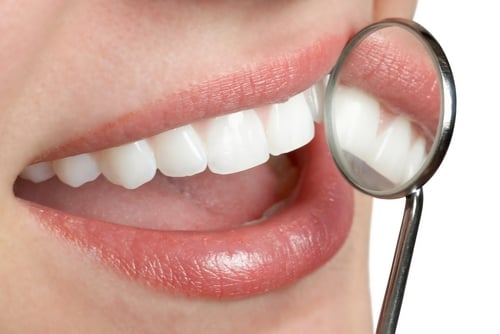Dealing with a Chipped Tooth in Dacula: Should You Be Worried About It?

Sometimes, no matter how you stick to a good oral hygiene routine, one of your teeth can get chipped. There are many ways your teeth can be damaged. You may chew on hard food, get involved in an accident that leads to a mouth injury, or use your teeth as tools to open packages and bottles. Depending on the severity of the chip, its location, and your pain level, dental work may be needed to repair the chipped tooth and prevent further damage to it. Dacula dental restorations can restore your smile and the functionality of your teeth.
When you experience a tooth chip, you may be quite upset. As a result, you may be confused about what to do. A reliable dentist can repair chipped teeth. If you have been regularly seeing a dentist for routine cleanings and checkups, they must have told you what to do when a tooth chips. Your dentist can diagnose the damage during your visit.
Having a Tooth Chip is Common
A chipped tooth is a dental injury that happens when a piece of the enamel of your tooth breaks off. Enamel is the protective layer of your tooth. While it’s sturdy, the enamel can still be damaged. Your tooth may be susceptible to cracks or chips if decayed or weakened. Often, a slight tooth chip does not cause major problems. But serious chips can expose the pulp of the tooth, requiring dental work to safeguard the tooth from infection.
Risk Factors
While any mouth injury puts you at risk of a chipped tooth, a chip can happen without obvious reasons. You may chip a tooth even if you bite into something a bit soft. This can take place when your enamel is worn down. Your teeth can be more vulnerable to injury due to:
- Tooth decay. Dental cavities make teeth more vulnerable to injury.
- Consuming plenty of acidic or sugary foods. Such foods wear down your enamel, making your teeth vulnerable to cracking or chipping.
- GERD. If you have acid reflux, stomach acid will backwash into your mouth. Over time, this condition can wear down enamel.
- Past dental work. If you underwent major dental work, it may preserve the integrity of your teeth. However, it can also weaken them.
- Age. Your teeth can weaken with age. A chipped tooth is more likely at the age of over 50.
- Teeth grinding. This habit can thin the structure of your teeth, making it prone to chipping.
How to Know You Have a Chipped Tooth
If you have a chipped tooth, you may notice a missing fragment. If you have a chipped front tooth, this is visible in the mirror. Whenever you run your tongue over the damaged tooth, you feel a rough edge. Losing a big fragment can expose a nerve and cause pain. Sensitivity can be felt when you chew or consume hot or cold foods and beverages.
Steps to Take Before Going to a Dentist
Right after the chip happens, address the pain and safeguard the tooth immediately. If it’s not possible to visit the dentist immediately, here are steps you can take as first-aid measures:
- Save a piece of the chipped tooth. The fragment can be attached back to the tooth using an adhesive.
- Use a clean gauze to address bleeding. Make sure to apply pressure to the chipped tooth to stop the bleeding.
- Take pain medication. This medication will help reduce pain and manage the swelling.
- Rinse your mouth. Use warm salt water to rinse your mouth as this can eliminate food particles that can worsen the tooth.
- Use a cold compress. To minimize swelling, a cold compress can be placed over the injury site.
- Apply dental wax. This should be done to the chip’s edges to smooth it and safeguard your cheeks and tongue.
